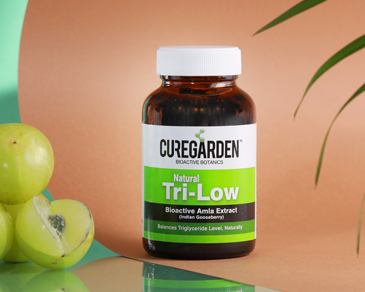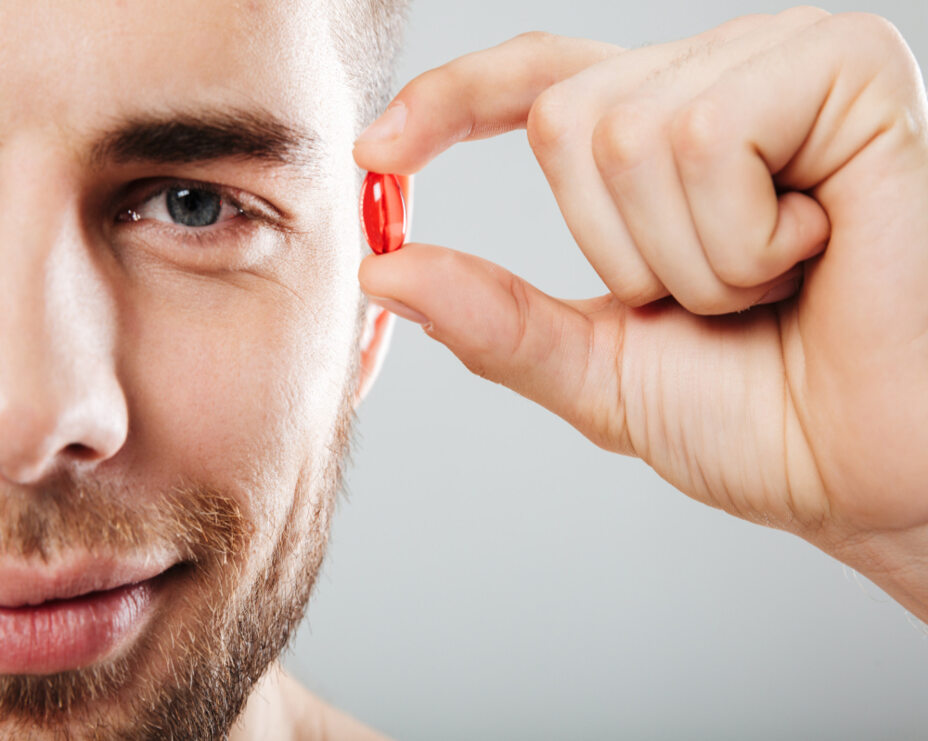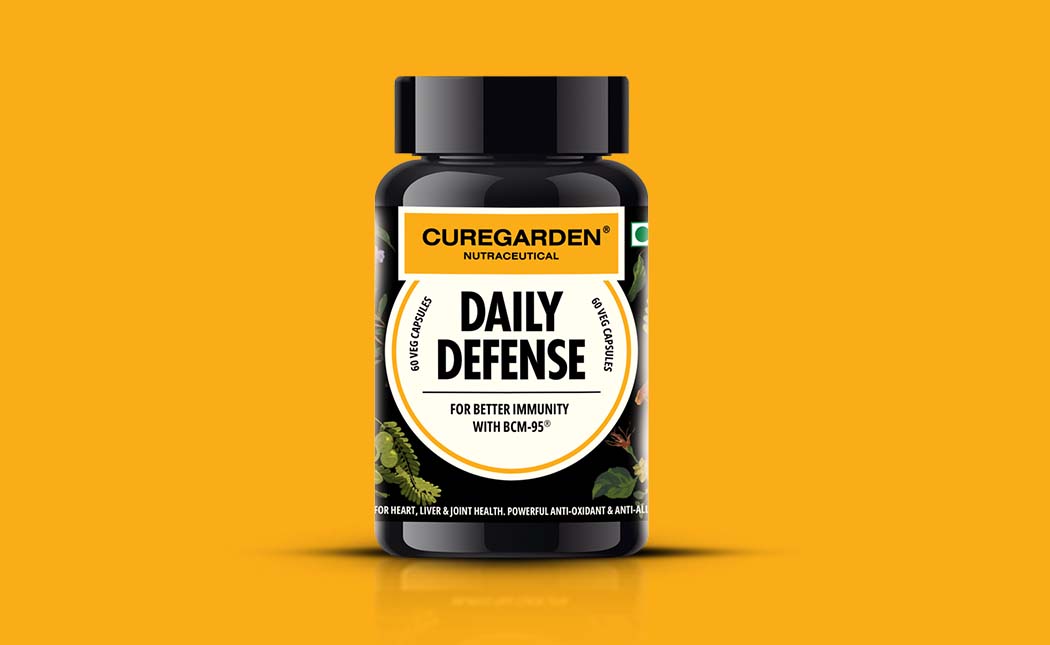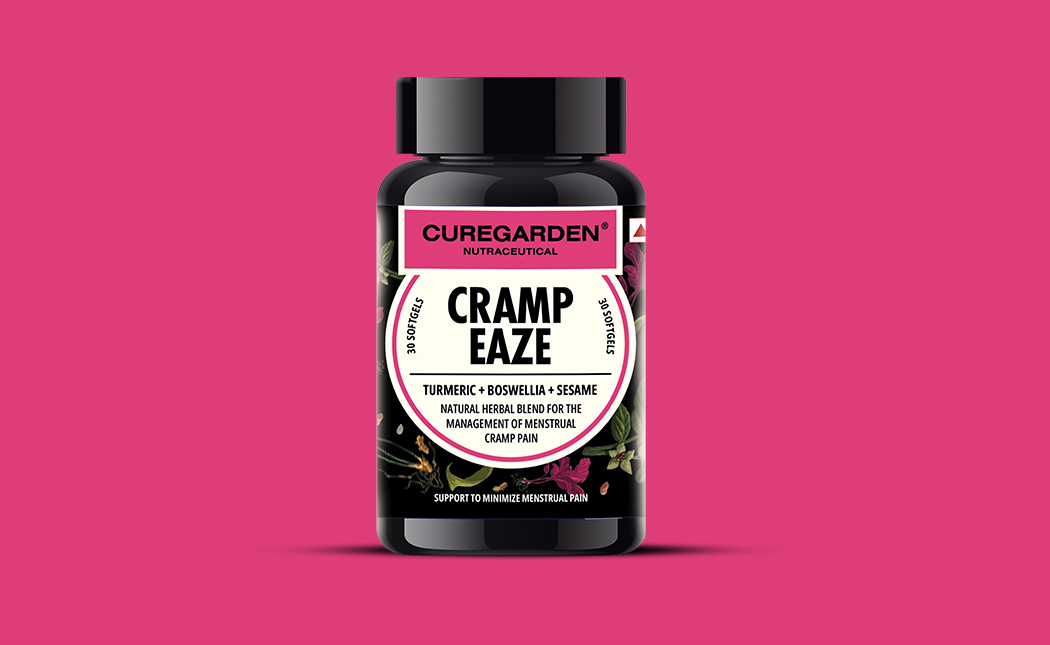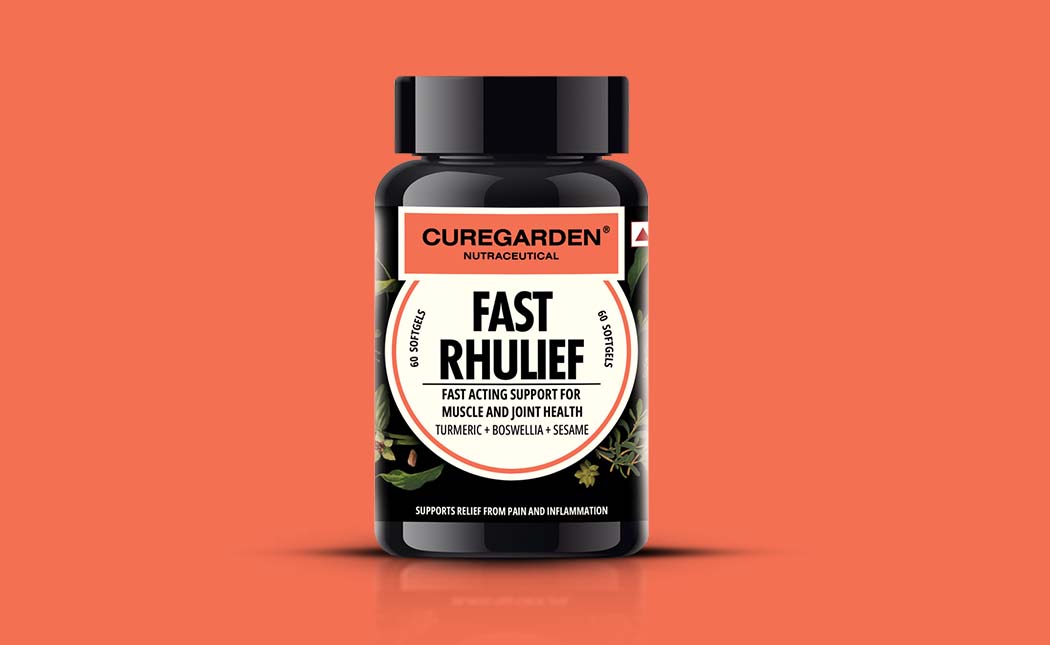Essential Takeaways
- HDL and LDL are two types of lipoproteins that are responsible for carrying cholesterol to and from the body’s cells in the blood.
- Understand the difference between HDL and LDL and what role they play on our health.
Cholesterol is used to produce hormones, vitamin D, and digestive juices that help break down fats in your body. HDL (high-density lipoprotein, or “good” cholesterol) and LDL (low-density lipoprotein, or “bad” cholesterol) are two types of lipoproteins that are responsible for carrying cholesterol to and from the body’s cells in the blood.
The body needs some cholesterol to perform all these functions, but when the cholesterol levels get too high, the fatty substance can accumulate in the blood vessels, which makes them narrow. The narrowing of blood vessels can cause serious health issues such as heart attacks, strokes, artery disease, or other vascular diseases. Therefore maintaining the cholesterol level is important, but before that understanding the difference between HDL and LDL is important.
Role Of HDL-The Good Cholesterol
HDL or "good" cholesterol, absorbs cholesterol and carries it to the liver, the liver then clears it from the body. It prevents the buildup of plaque, protects your arteries and lowers the risk of heart attack, stroke, and vascular disease. The aim of the HDL cholesterol number for women should be 55mg/dl or above and for men 45mg/dl or above.
How To Increase HDL Cholesterol?
You can improve your HDL cholesterol by following these tips
1. Quit Smoking- Various studies have shown that quitting smoking improves HDL levels in the body.
2. Diet- Follow a heart-friendly diet low in fat and high in fiber can help to increase HDL level.
3. Exercise- Exercising can help raise HDL cholesterol and increases its anti-inflammatory and antioxidant effects.
Role Of LDL-The Bad Cholesterol
LDL or "bad" cholesterol carries cholesterol to your arteries where it may deposit in the vessel walls and lead to atherosclerosis, a condition in which plaque buildup in your arteries. This can results in decreased blood flow to the heart muscle, leg muscles, or abrupt closure of an artery in the heart or brain, leading to a heart attack or stroke. The LDL cholesterol levels should be less than 100 mg/dL, strictly for people with heart disease or risk factors of heart disease.
How To Lower LDL Cholesterol?
You can lower your LDL cholesterol levels effectively by making lifestyle and diet changes such as eating a low-fat diet, regular exercising, maintaining proper weight, and smaller waist circumference. Foods such as oatmeal, whole grains, nuts, beans, and leafy green vegetables can help lower LDL cholesterol in your body.
Remember, before making any dietary or other changes, make sure you know your cholesterol levels, so get tested. That will give you and your doctor a starting point for lifestyle changes and medications if needed.

About the author
Essential Takeaways
- HDL and LDL are two types of lipoproteins that are responsible for carrying cholesterol to and from the body’s cells in the blood.
- Understand the difference between HDL and LDL and what role they play on our health.


